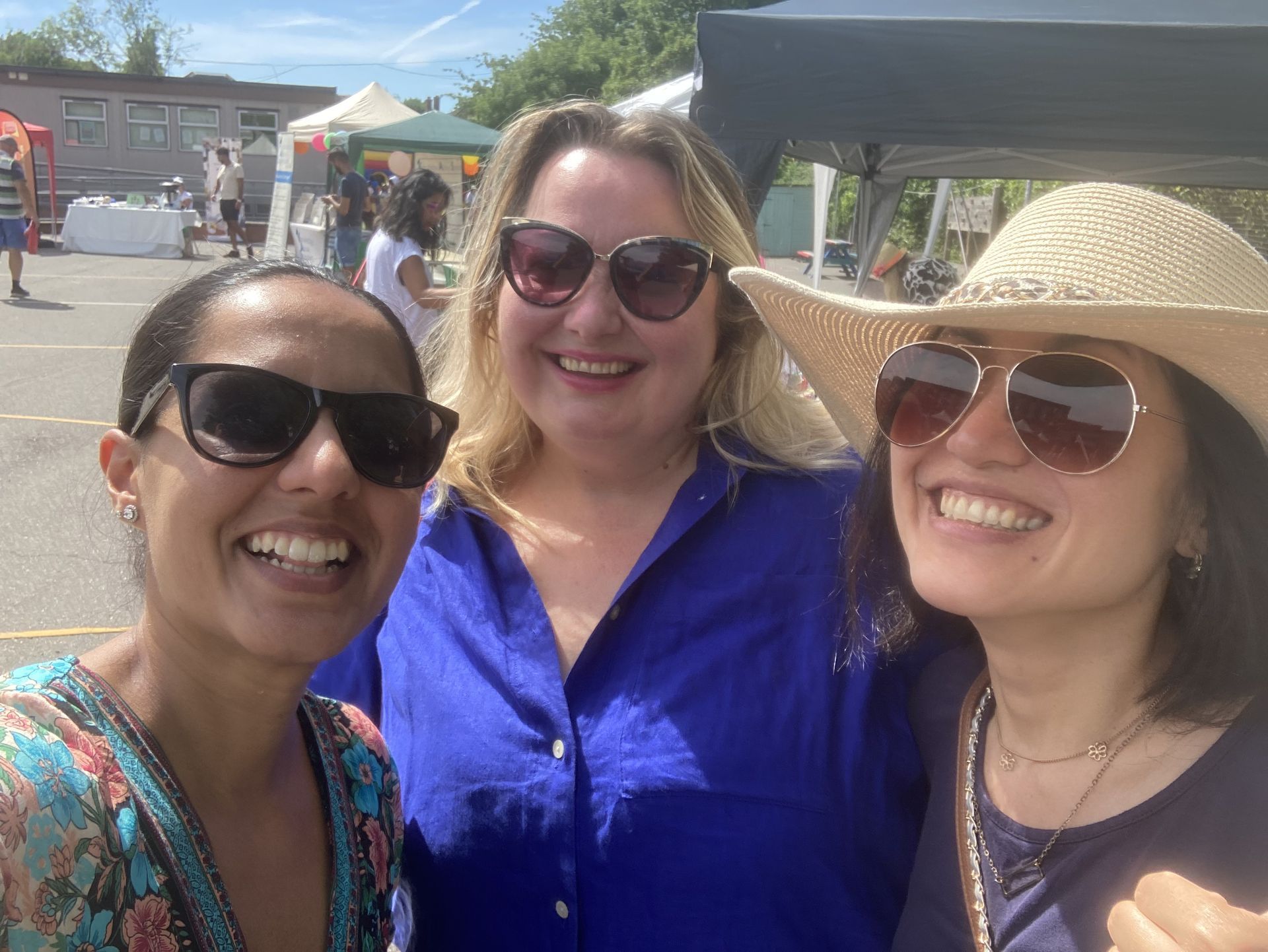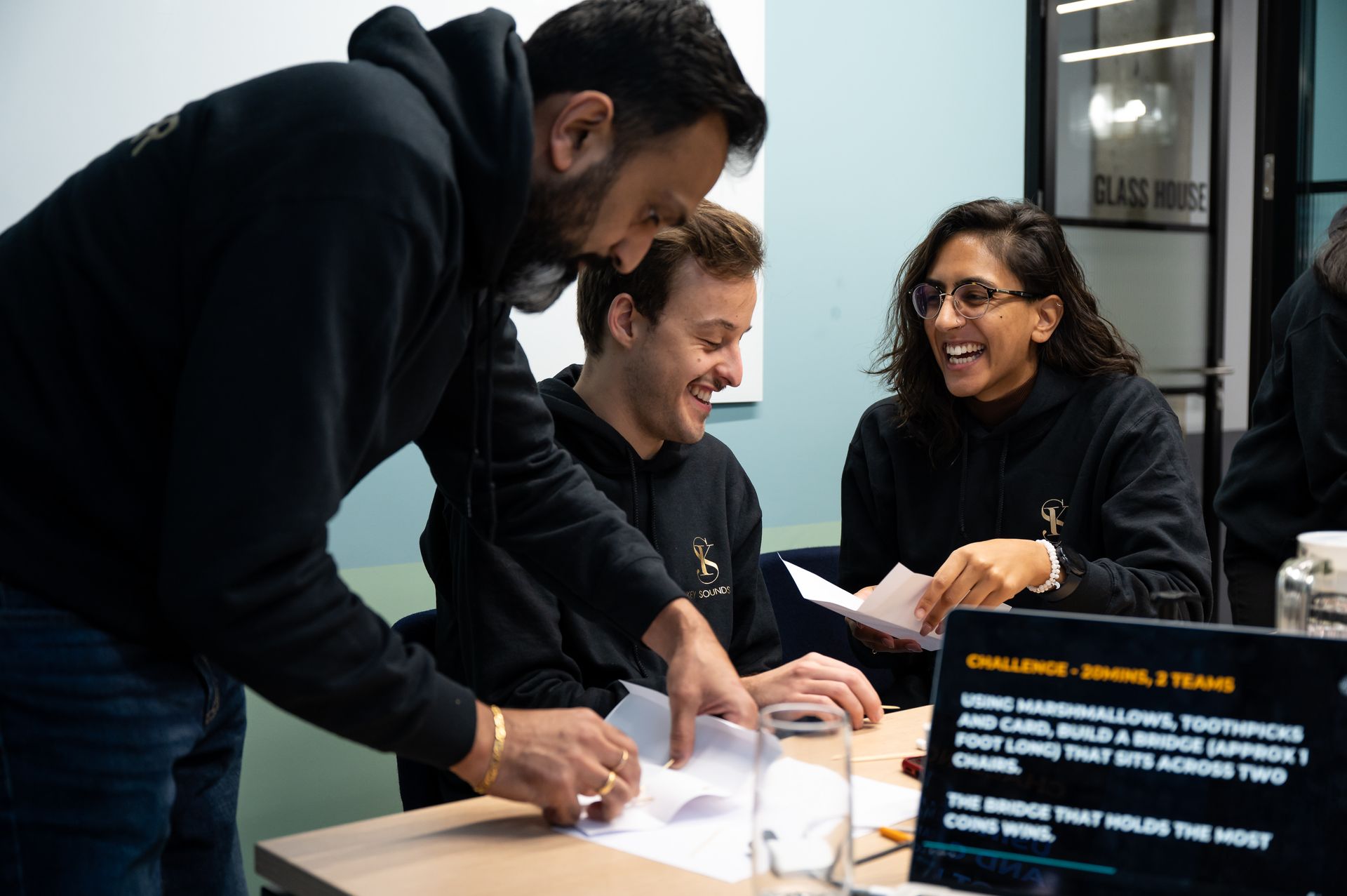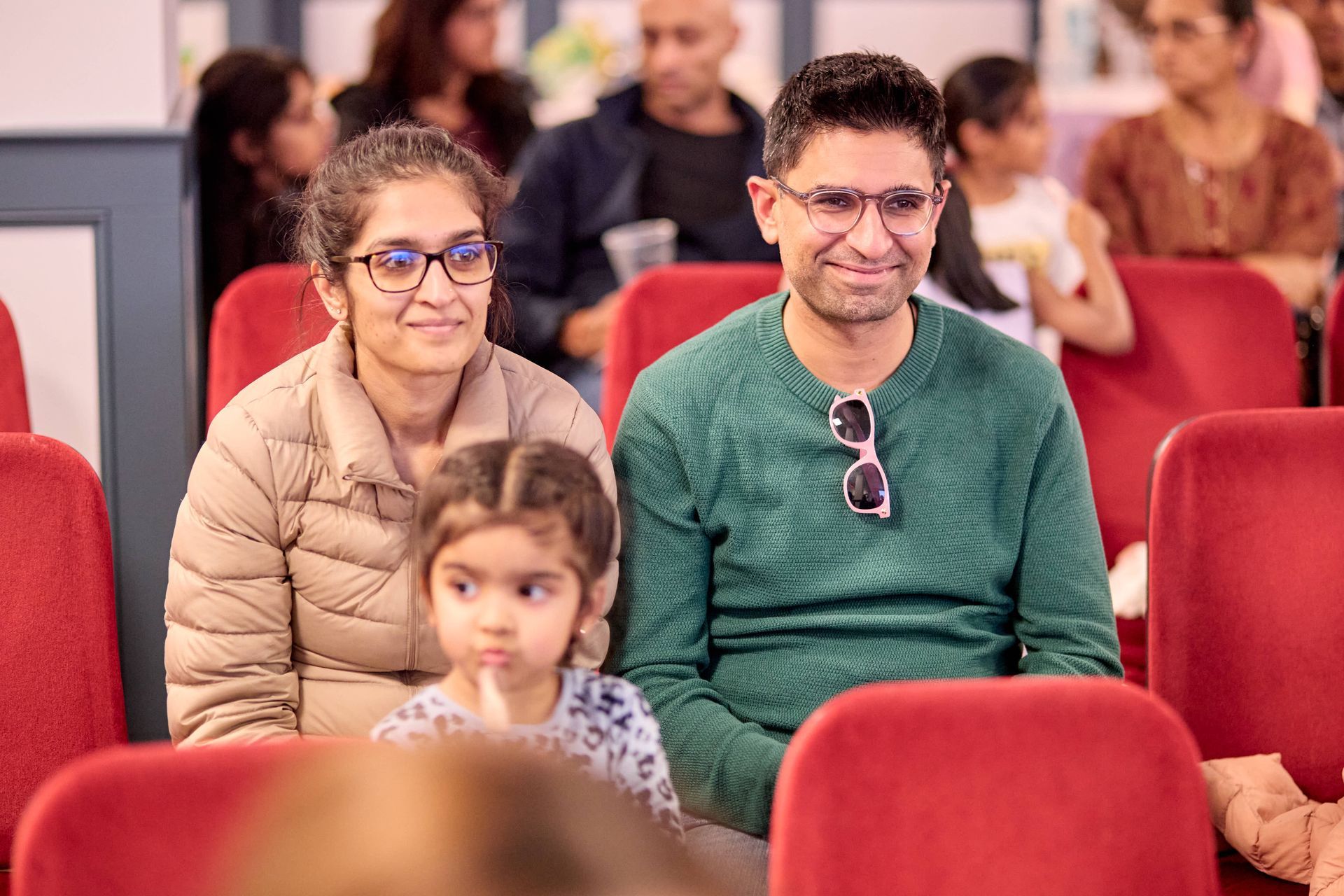Playing Beyond Practice How Student Pianists Can Build Confidence Through Performance
Performing in front of an audience, whether big or small, can significantly enhance a student pianist's skills, confidence, and enjoyment of music. While mastering a piece in private is essential, sharing it publicly elevates the learning experience. If you're a student pianist looking to ease into performing, here’s a guide on how to begin showcasing your music through gradual and accessible steps, from intimate gatherings to more formal community performances.
1. Start Small: Perform at Home
Why it helps: Performing at home in front of family is a gentle introduction to playing for others. It offers a familiar, low-stakes environment that allows you to build initial confidence without added pressure.
Actionable Tips:
- Set a Date and Treat it Like a Real Recital: Choose a specific day and time for your home performance. This can be as simple as playing a piece after dinner on a Friday. Dress up if it makes you feel more "recital-ready," and treat it as a real event.
- Invite Family or Close Friends: Having even a small audience can make it feel special. Ask them to listen and provide feedback if you’re comfortable, or just have them there to support you.
- Record Yourself: Whether you’re performing for family or alone, recording your piece on video will help you analyse your performance afterward, providing insight into areas for improvement.
2. Play for Friends in Informal Settings
Why it helps: Playing for friends helps you get comfortable with more people as your audience. This social, casual setting is a good transition between home performances and larger, formal ones.
Actionable Tips:
- Use Social Gatherings as an Opportunity: If you’re at a friend’s house with a piano, or if friends come over to your place, play them a piece you’ve been working on. You could say, “I’d love to show you what I’ve been practicing.”
- Encourage Feedback and Suggestions: Friends might give you a different perspective. Ask them how your piece made them feel or if anything in the music stood out to them. Learning to accept feedback from friends can build resilience and teach you to appreciate constructive criticism.
- Bring a Friend Over for a “Practice Recital”: Invite a friend to come over for the sole purpose of watching you perform. This is a great way to practice focusing under the slight pressure of an audience without the formality of a recital.
3. Participate in Recitals Organized by Your School or Private Teacher
Why it helps: School or teacher-organized recitals are typically welcoming, student-centered, and geared toward showcasing progress, making them ideal stepping stones toward larger performances.
Actionable Tips:
- Check if Your Private Music Teacher Hosts Recitals: Not every private teacher organizes concerts, so ask if they can arrange one or if they’re connected with any local student performance groups. If they don’t, they may be able to recommend other avenues.
- Start with One Piece You’re Confident In: Pick a piece that you feel most comfortable with for these recitals. Knowing your material well will reduce performance anxiety.
- Visualize Your Performance in Advance: Mentally rehearse the event, from walking up to the piano to your final bow. Visualization can ease nerves and make the process feel more familiar and manageable.
4. Perform at Community Centres, Local Events, or Places of Worship
Why it helps: Performing in community spaces introduces you to a broader, yet generally supportive, audience. These venues often encourage local talent, creating a positive, appreciative environment.
Actionable Tips:
- Reach Out to Local Community Centers or Temples: Many community centers or temples hold open events and are often thrilled to feature local musicians. Call or email the centers to express your interest in performing and inquire about upcoming events.
- Prepare for Different Acoustics and Settings: Community spaces often have unique acoustics. If possible, try visiting the location beforehand to get a feel for the sound, or ask for any guidelines.
- Embrace the Community Spirit: Community centers and temples typically attract audiences who appreciate cultural and artistic contributions. This can be an uplifting way to gain experience while contributing to local events.
5. Host a “Piano Party” with Fellow Musicians
Why it helps: A piano party with fellow musicians or classmates provides a safe space to perform and enjoy each other’s company. It also allows you to give and receive peer feedback in a relaxed setting.
Actionable Tips:
- Invite Other Musicians: You don’t need to know only pianists—invite anyone who loves music or plays an instrument. This could also lead to fun impromptu jam sessions.
- Practice Giving and Receiving Feedback: Giving feedback is a skill, and receiving it helps build resilience. Encourage each person to share their thoughts after a performance, focusing on both positives and suggestions.
- Consider Theme Nights: Host a themed piano party, such as “Classical Night” or “Movie Soundtrack Night.” Adding a fun twist can take the edge off nerves and make performing more enjoyable.
6. Attend and Observe Local Performances
Why it helps: Seeing other student pianists or musicians perform gives you a realistic view of what public playing entails. It can be both inspiring and reassuring, as it shows you that everyone has unique strengths and areas to improve.
Actionable Tips:
- Visit Local Music Schools, Open Mics, or Student Concerts: Attend as an audience member to see what you like and don’t like about others’ performances. What makes certain performances memorable? Observing will help you apply these elements to your own playing.
- Analyze Stage Presence and Confidence: Pay attention to how other performers carry themselves. Noticing how they handle mistakes or express the music can help you refine your own approach.
Final Tips for Building Performance Confidence
- Prepare Mentally and Physically: Before each performance, take a few deep breaths and remind yourself that it’s okay to be nervous. Every great musician has felt stage fright!
- Celebrate Small Wins: Each performance, no matter the size, is a step forward. Take time to acknowledge your progress after each experience.
- Be Patient with Yourself: Building confidence takes time, and mistakes are part of the journey. Embrace the process, and keep a positive attitude.
By embracing small, manageable performance opportunities, students can build confidence, musicality, and resilience—all while sharing the joy of music with others.
Let us know how you get on by visiting: www.keysoundsuk.com/contact



